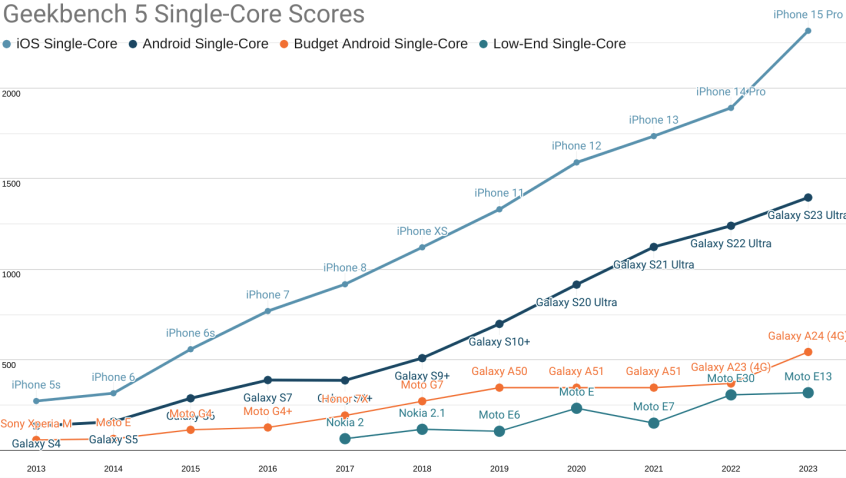It’s just been pointed out to me that the reason Apple runs a trade-in programme for older devices is so they can reduce the size of the used market, and has fuck all to do with recycling.
That’s blown my tiny mind.
According to this article, they shred literal tons of devices, regardless of whether they’re serviceable. Just yoink the battery and shred the rest.
Further to this, as I get older and (hopefully) more wise to the world, one of the things that’s really hit me is how everything has a price. Everything.
In this situation, Apple has decided that it’s worth them giving someone a £150 discount on a new phone in order to guarantee that they’ll make more money selling newer phones.
As someone who never really thinks about economy, it’s amazing to me that people’s brains work that way on an industrial scale.
@PatternChaser @DJDarren Electronics are basically recycling's nightmare scenario.
Shredding is the only cost-effective method of disassembly. Even ignoring cost, only bulk materials like the aluminum case, various steel screws/brackets/other bits, and maybe the copper traces in the PCB could be recovered. These metals make up only a portion, vs fiberglass and plastics which cannot be reused. It's largely a myth that plastic can be recycled. Chips are ground to dust and rare earths are lost.
@PatternChaser @DJDarren For all intents and purposes electronics must be considered Unrecyclable. The best you can do is reduce what you buy and continue to use/reuse what you have for as long as possible.
The good news is that modern electronics physically last for an incredibly long time. Parts that do fail (capacitors, batteries) can be easy to replace. Until recently, phones had replaceable batteries.
The bad news is that software support means Billions of phones are thrown away per year.
@kazriko @PatternChaser @DJDarren This is a significant problem on more than just old devices. The high end has grown in power exponentially, but the cheapest phones being sold are barely faster at all.

- replies
- 0
- announces
- 0
- likes
- 1
@developing_agent @PatternChaser @DJDarren
Typing this from a Fairphone 4, which does have many replaceable components, including the battery.
As part of the design, they use an industrial SoC with longer software support.
The brand barely sells any numbers, but it's a good effort.
@hlangeveld @PatternChaser @DJDarren The biggest advantage of an industrial SoC is that the chip will be manufactured for a longer period of time.
Fairphone are dependent on android, and while manufacturer-supplied ports of new linux kernels to the SoC might help, there's a lot more to backporting each new version of android.
@hlangeveld @PatternChaser @DJDarren Fundamentally, Fairphone have no ownership of any software they ship. They rely on qcom for kernel ports/fixes and google for everything else.
It's a sharp contrast with PostmarketOS, and a shame that FP don't work with them. They're a mostly-vanilla distro for phones that upstreams everything they can. This means there's no need for outside parties to do heavy-duty port work for them. By sticking close to mainline continued support becomes nearly automatic.
@developing_agent @PatternChaser @DJDarren
Manufacturing for Fairphone is probably less interesting, but the fact that the chips are shipped for a long time also means qcom provides kernel updates. Which you mentioned.
@hlangeveld @PatternChaser @DJDarren The point is that it *might* help but is FAR from sufficient. The kernel is not the most important or hardest thing to backport in android. The kernels qcom provides also won't be android compatible in the slightest.
